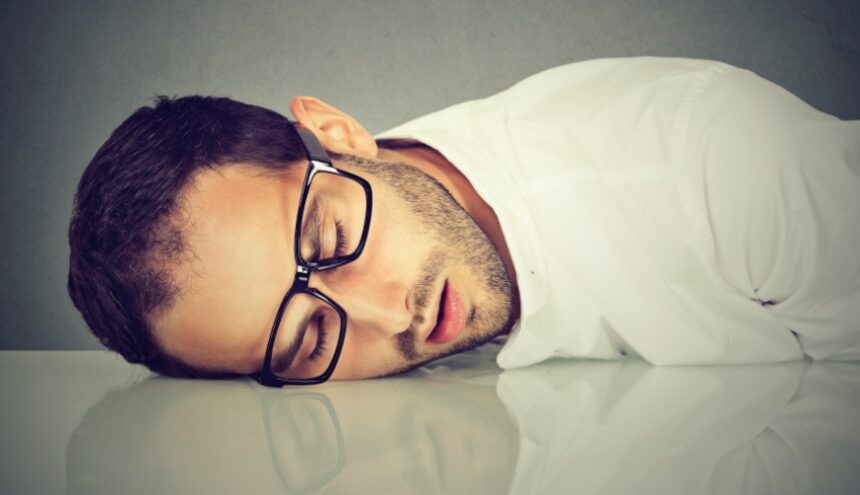Getting enough hours of good sleep each night can be challenging. It helps if you’ve made your bedroom a restful place and you have a relaxing sleep routine, but if you still don’t wake up refreshed, there may be an underlying problem. Without enough hours of uninterrupted sleep, you may experience daytime tiredness, weight gain, brain fog, or other sleep-related symptoms.
Sleep health may be affected by a sleep disorder, many of which are treatable once diagnosed. Sleep disorders range from insomnia to night-time leg movements, sleep-talking, or sleepwalking—and millions of Americans are affected by sleep apnea.
Sleep Apnea
Light snoring may be insignificant, but heavy snoring could indicate sleep apnea, which is common and treatable. People with sleep apnea stop breathing for 10–90 seconds at a time—and it can happen hundreds of times while sleeping. Untreated, sleep apnea can be serious and possibly lead to a higher risk of stroke. Being overweight and/or having high blood pressure also increases the risk.
What’s your Snore ScoreTM?
- Are you a loud and/or regular snorer?
- Have you been observed to gasp or stop breathing during sleep?
- Do you feel tired or groggy upon awakening or awake with a headache?
- Are you often tired or fatigued during the day?
- Do you fall asleep sitting, reading, watching TV, or driving?
- Do you have frequent problems with memory or concentration?
Having one or more of these symptoms puts you at higher risk for having obstructive sleep apnea. If you or someone close to you answers “yes” to any of these questions, you should discuss your symptoms with your physician.
Treatment Options
Once obstructive sleep apnea is diagnosed, there are several options—depending on the severity of the symptoms and the condition. Simpler solutions include weight loss, the use of a nasal decongestant, or changing sleep positions.
While surgery is often effective at treating snoring, it is less successful in treating obstructive sleep apnea. For children, surgically removing tonsils or adenoids or both frequently cure breathing problems in children. Oral appliances or mouth guards are also specially designed to change the lower jaw position during sleep, which may help some people.
Positive Airway Pressure Devices for Sleep Apnea
Often called a “CPAP” (or BiPAP, VPAP, etc.), these devices are the most widely used treatment for moderate to severe sleep apnea. These machines supply pressurized airflow through a mask during sleep and prevent the person’s airway from collapsing. Regular use reduces sleep apnea and its risks and complications—and it also eliminates snoring!
Talk to your physician if you have problems sleeping. A sleep study may be just what the doctor orders!


